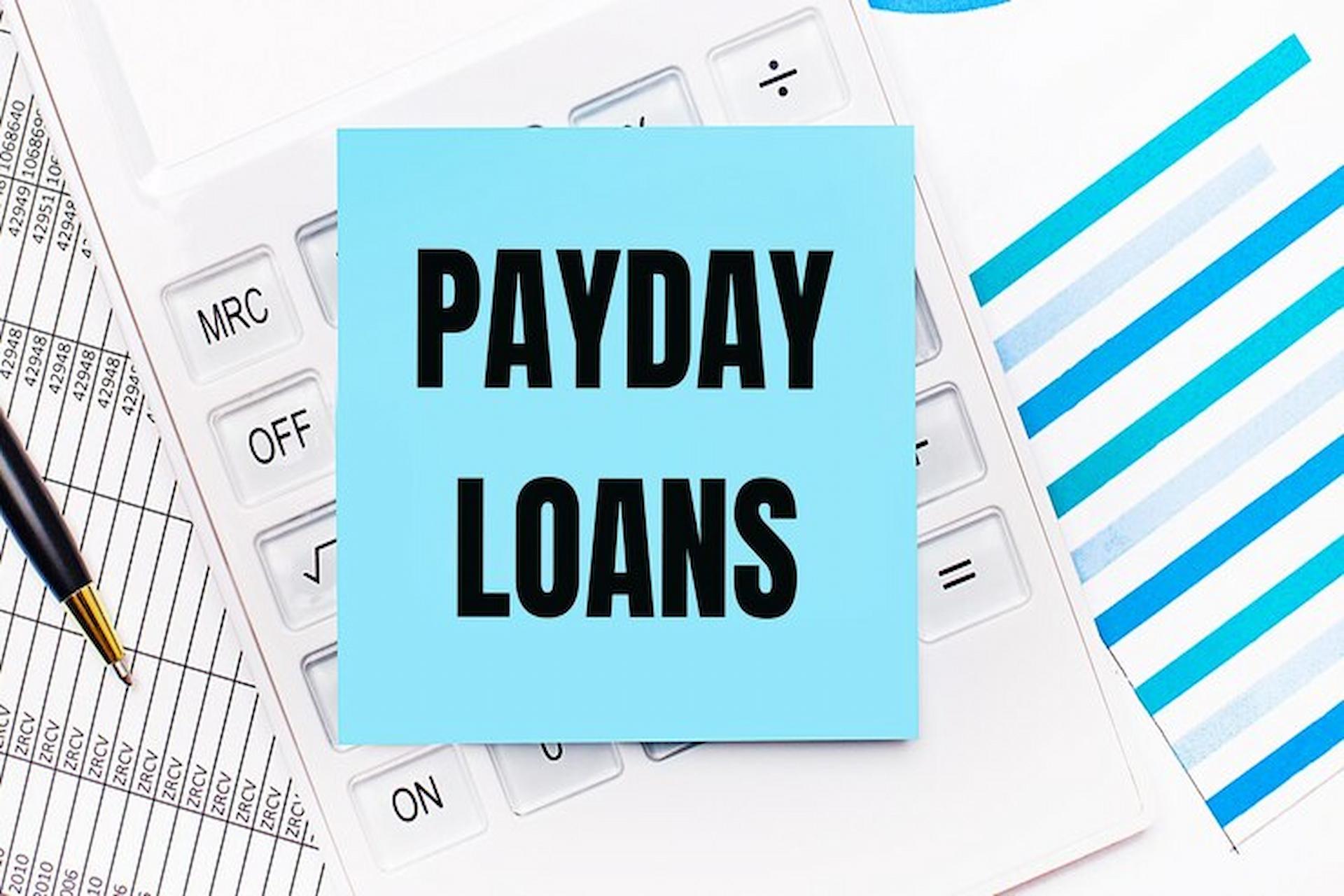Payday loans are often marketed as quick and easy solutions for those distressed. However, their impact on low-income communities can be profound and far-reaching. This blog post delves into the intricate dynamics of payday finances and their effects on vulnerable populations, providing a comprehensive understanding of this critical issue.
The Allure of Payday Loans: A Double-Edged Sword
Payday loans are short-term, high-interest loans designed to bridge the gap until the borrower’s next paycheck. For many low-income individuals, these loans offer a seemingly convenient way to handle unexpected expenses. However, the reality is far more complex.
Payday lenders often set up shop in economically disadvantaged neighbourhoods, capitalising on the urgent needs of residents. These loans are easy to obtain, requiring little more than proof of income and a bank account. But the ease of access comes at a steep price. The interest rates on payday loans can skyrocket, often reaching 400% APR or higher. This creates a cycle of debt that is difficult, if not impossible, to escape.
The Debt Trap: A Vicious Cycle
Once caught in the web of payday loan, many borrowers find themselves trapped in a cycle of debt. The high interest rates and short repayment periods mean borrowers often need to take out new loans to pay off the old ones. This perpetual borrowing leads to mounting fees and interest, which can devastate an individual’s financial stability.
For low-income communities, this debt trap exacerbates existing financial hardships. Instead of providing relief, payday loans often deepen the financial woes of borrowers, leading to long-term economic instability. This can result in missed bill payments, eviction, and even bankruptcy, further entrenching poverty in these communities.
The Psychological Toll: Stress and Anxiety
The financial strain caused by payday loans extends beyond the wallet. The stress and anxiety associated with mounting debt can take a significant toll on mental health. Borrowers often experience feelings of shame, guilt, and hopelessness, which can lead to severe psychological distress.
The constant worry about making ends meet, coupled with the fear of harassment from debt collectors, creates an environment of chronic stress. This mental burden can negatively impact a person’s overall well-being, affecting their ability to work, maintain relationships, and engage in community activities.
Community Impact: Eroding Trust and Stability
Payday loans affect individuals and have a broader impact on the community. The proliferation of payday lenders in low-income neighbourhoods can erode the fabric of the community. As residents become ensnared in debt, local economies suffer. Instead, money that could be spent on local goods and services is funnelled into loan repayments, draining resources from the community.
Moreover, payday lenders can deter other businesses from opening shops in these areas, stifling economic growth and development. This perpetuates a cycle of poverty and economic stagnation, making it harder for residents to achieve financial independence and stability.
The Need for Reform: Advocating for Change
Given payday loans’ detrimental impact on low-income communities, there is a pressing need for reform. Advocates are calling for stricter regulations to protect vulnerable borrowers from predatory lending practices. This includes capping interest rates, extending repayment periods, and providing more transparent loan terms.
Additionally, there is a need for more excellent financial education and access to alternative credit options. Community programs that offer financial literacy training can empower individuals to make informed decisions about their finances. Credit unions and non-profit organisations can provide safer, more affordable lending alternatives, helping break the debt cycle.
Regulatory Oversight and Enforcement
Effective regulation is crucial to curb predatory lending practices. State and federal governments must enforce existing laws and introduce new rules protecting consumers from excessive interest rates and fees. This includes monitoring payday lenders’ compliance and imposing penalties for violations.
Promoting Financial Inclusion
Enhancing access to affordable financial services is essential. This can be achieved through promoting the expansion of credit unions and community development financial institutions (CDFIs) in underserved areas. These institutions often offer lower-cost alternatives to payday loans and prioritise financial education.
Education and Awareness
Empowering individuals with financial literacy skills is critical to mitigating the risks associated with payday loans. Schools, community centres, and non-profit organisations should offer workshops and resources on budgeting, saving, and responsible borrowing. Educated consumers are better equipped to make informed financial decisions.
Supporting Economic Development
Investing in economic development initiatives can create job opportunities and improve income levels in low-income communities. Residents can achieve greater financial security and stability by bolstering local economies and reducing reliance on payday loans.
Advocacy and Community Engagement
Advocacy groups, community organisations, and concerned citizens are vital in raising awareness and advocating for policy changes. By amplifying the voices of affected individuals and communities, we can drive meaningful reform and ensure that financial products are fair and equitable for all.
Final thoughts
Payday loans present a significant challenge for low-income communities, but change is possible with concerted efforts and advocacy. By understanding the impact of these loans and pushing for meaningful reform, we can work towards a future where financial stability is within reach for all.




